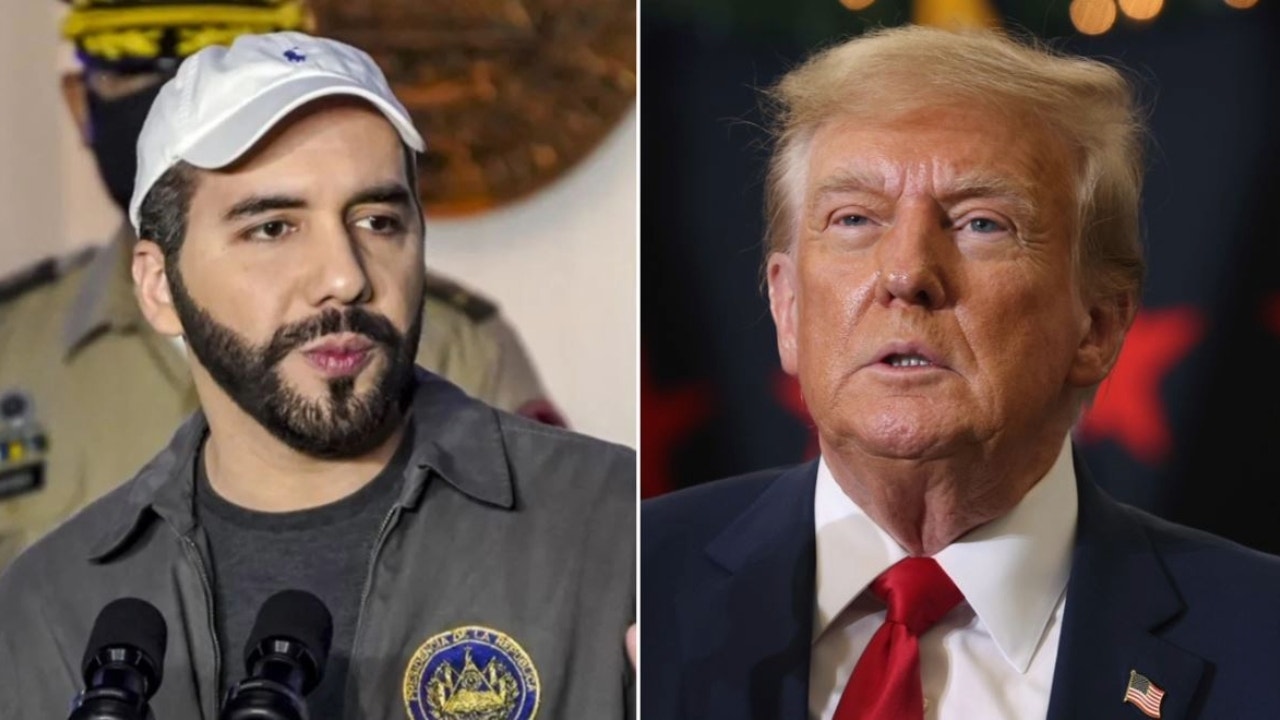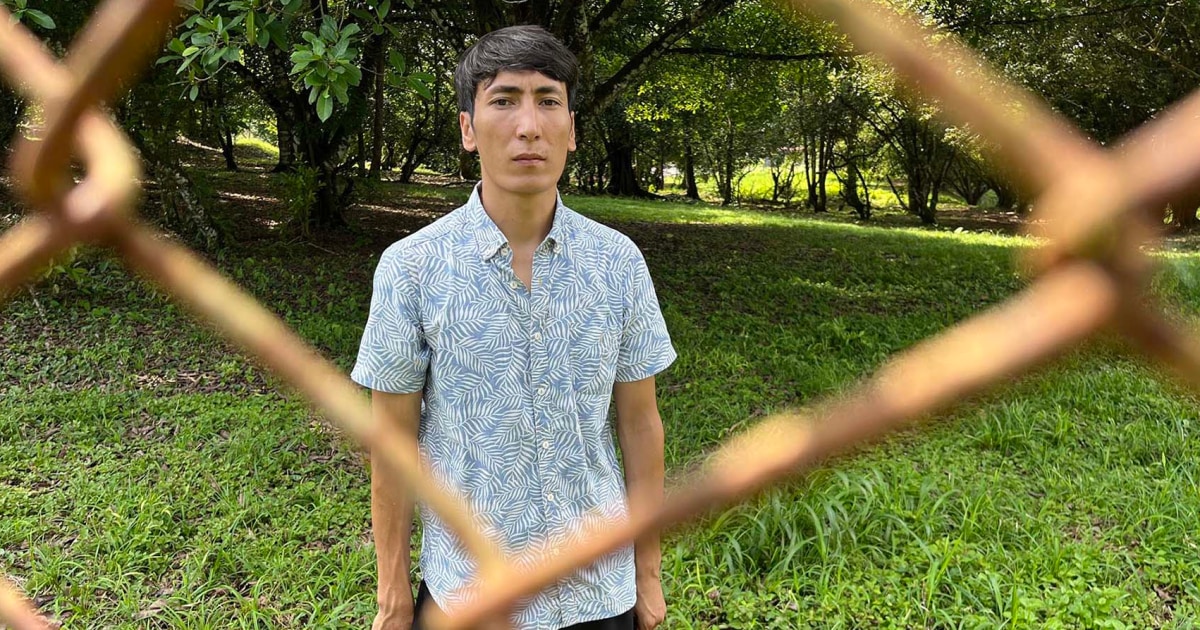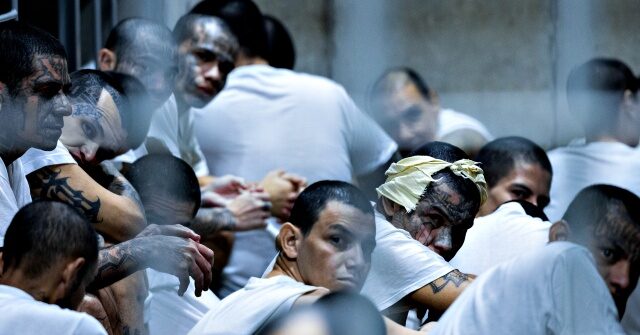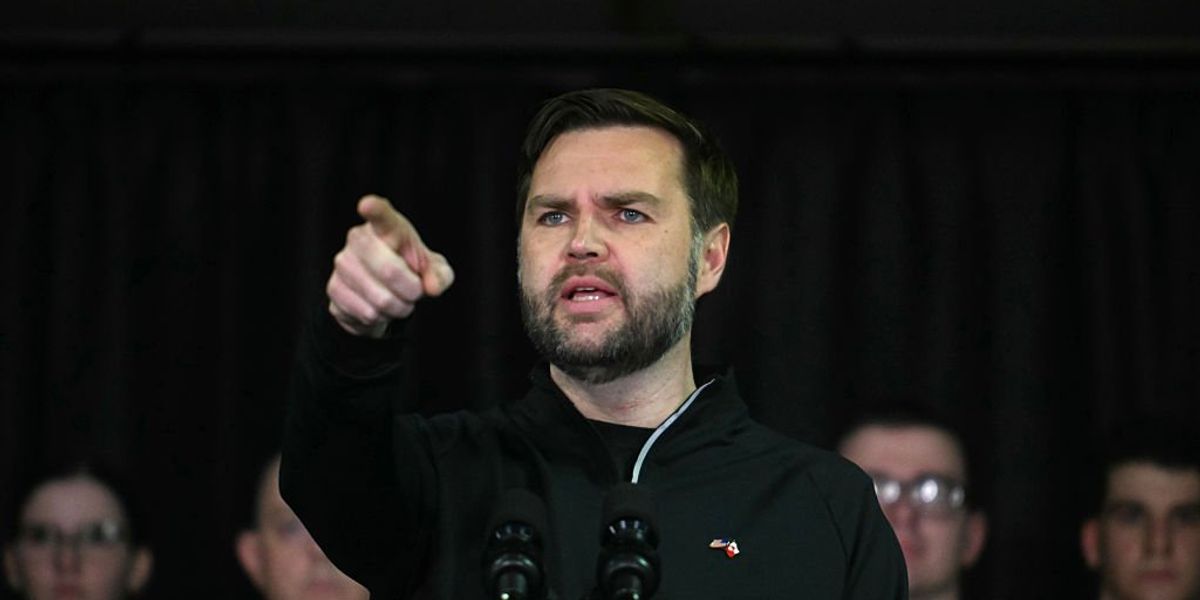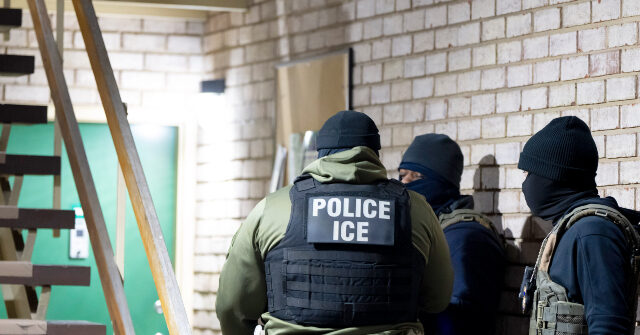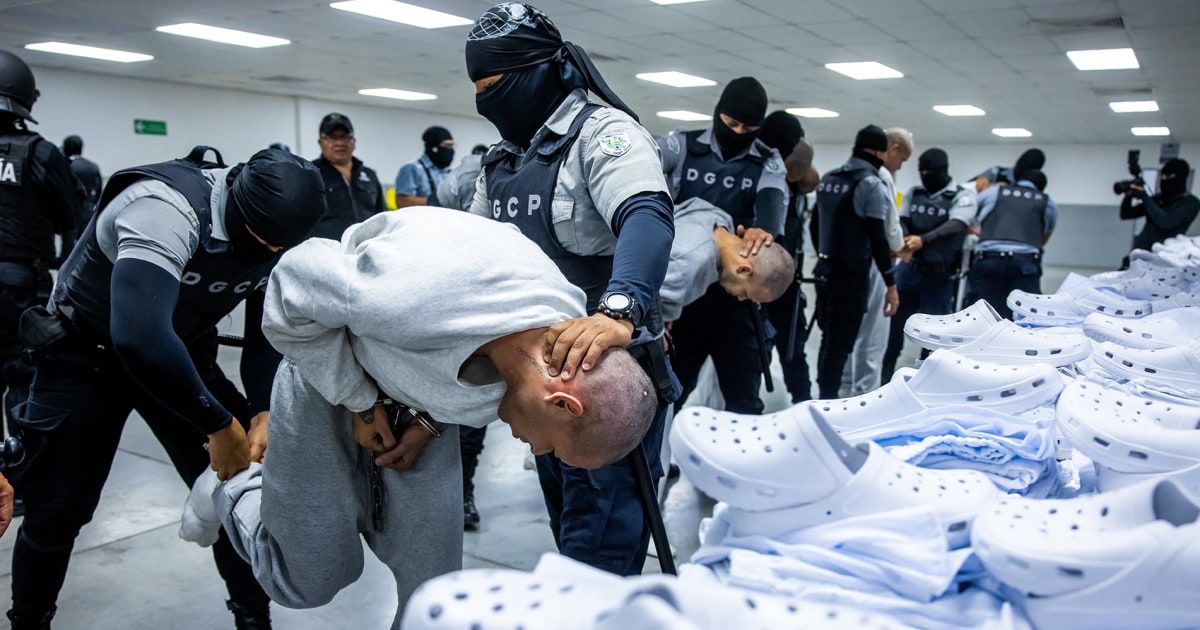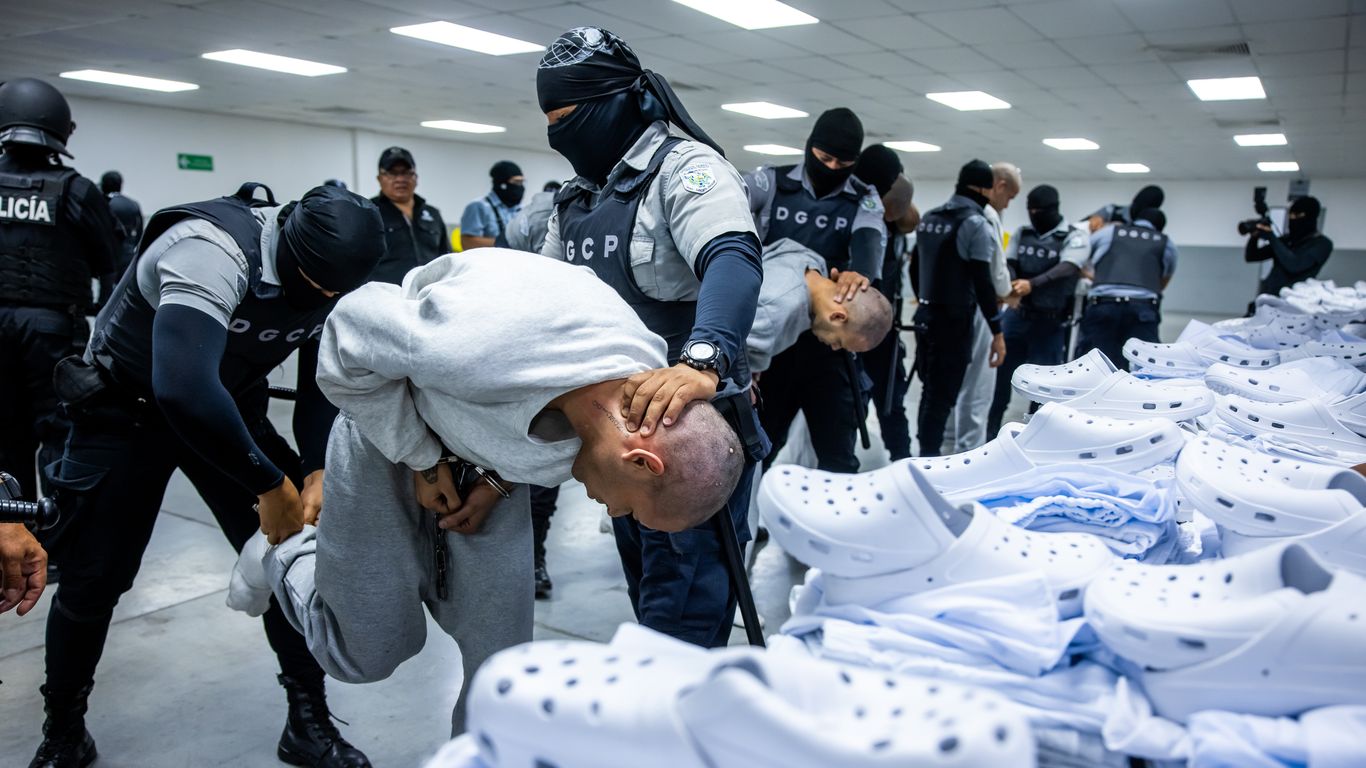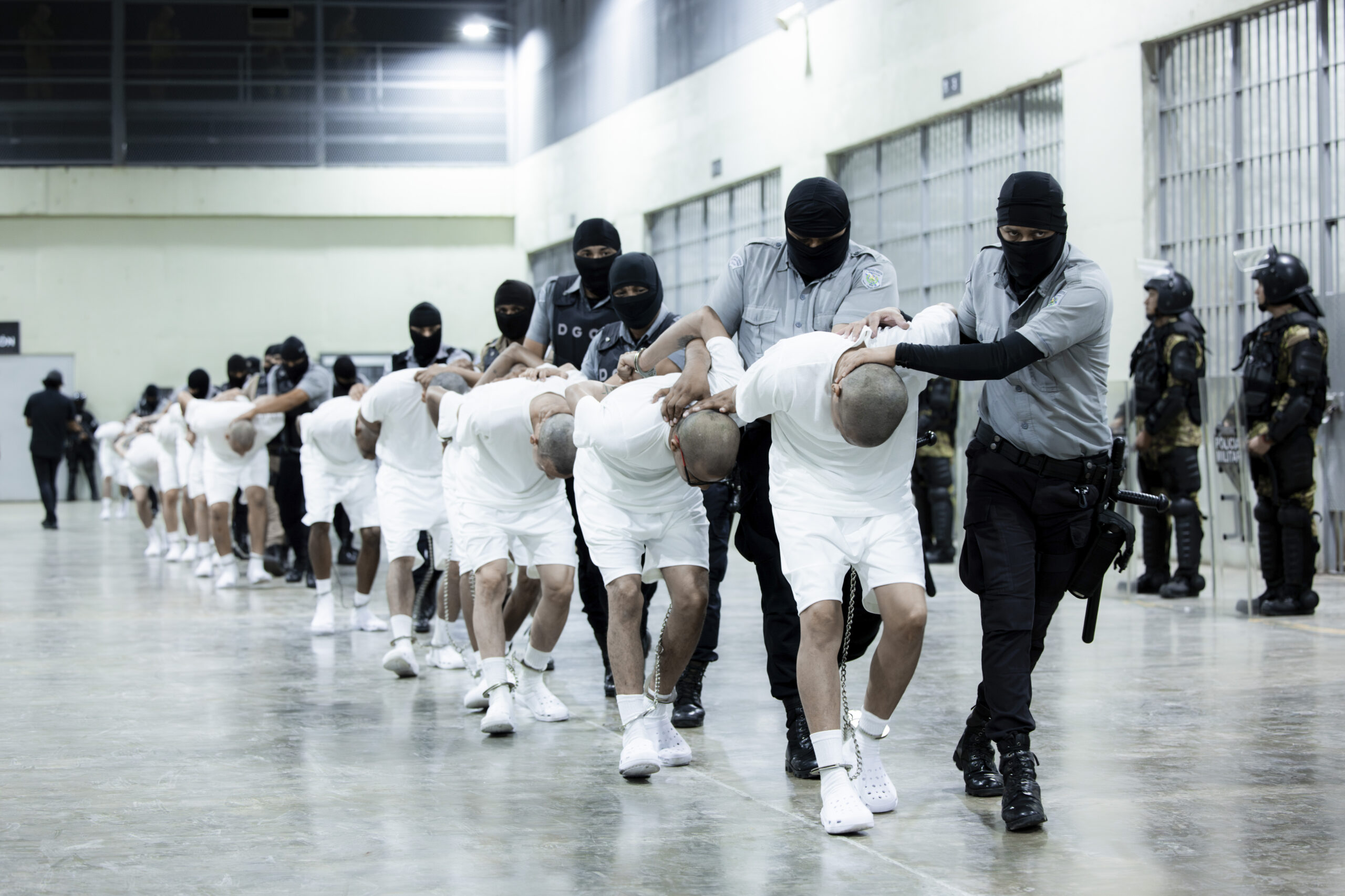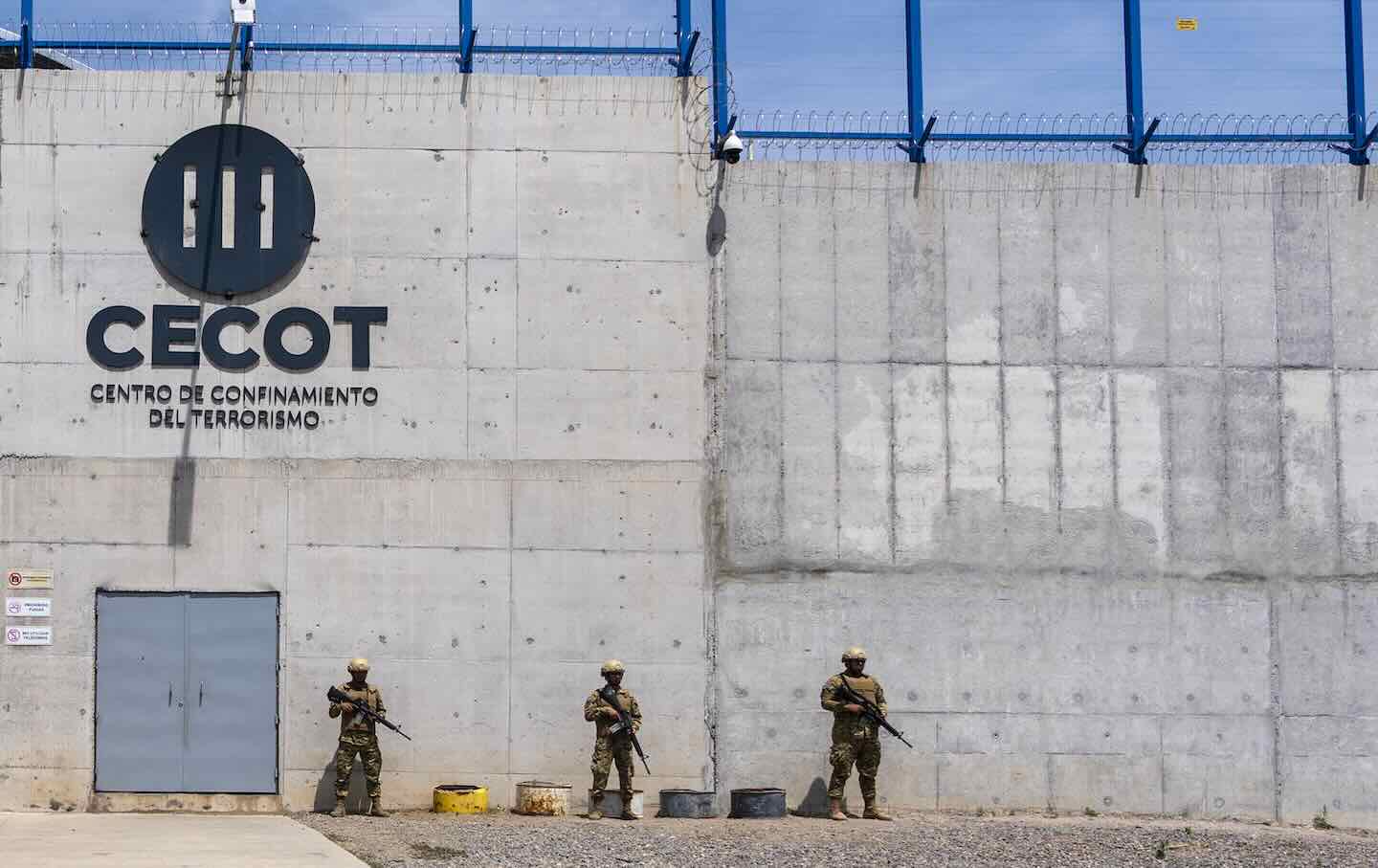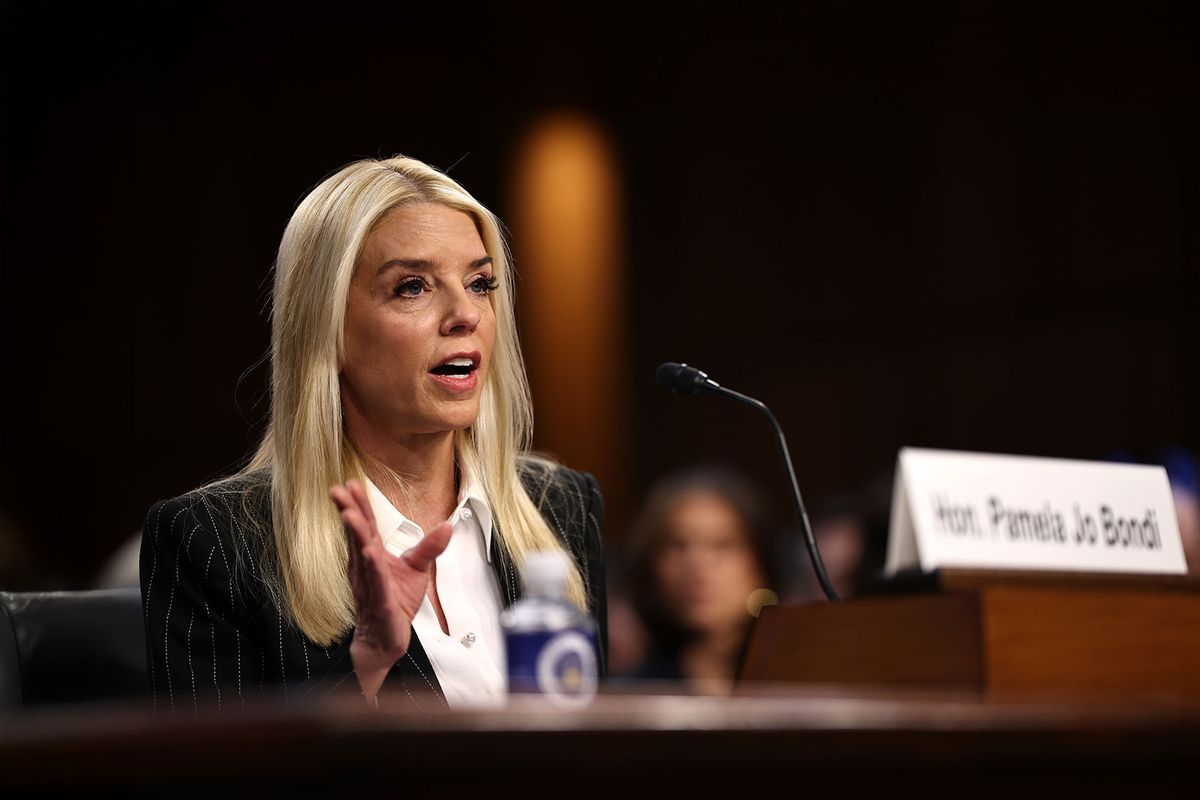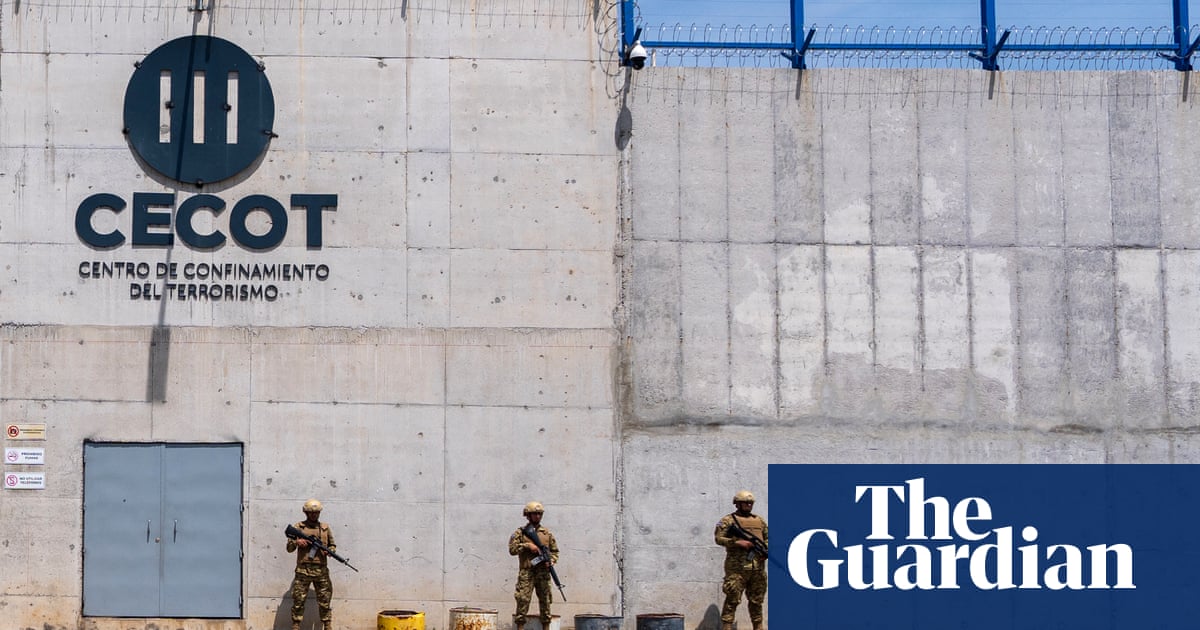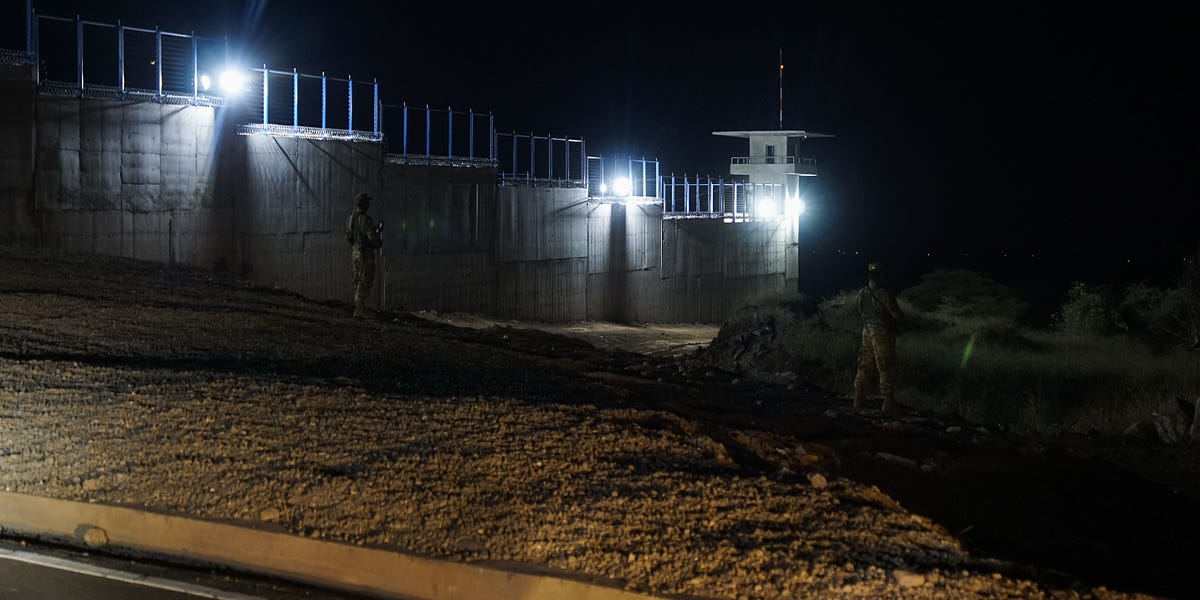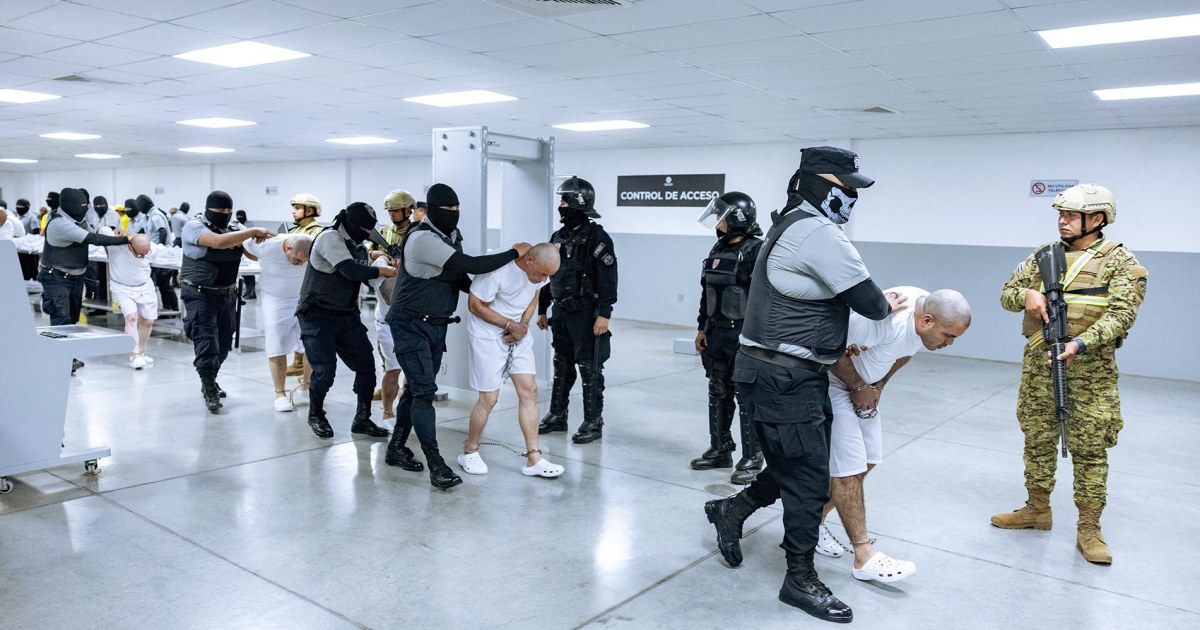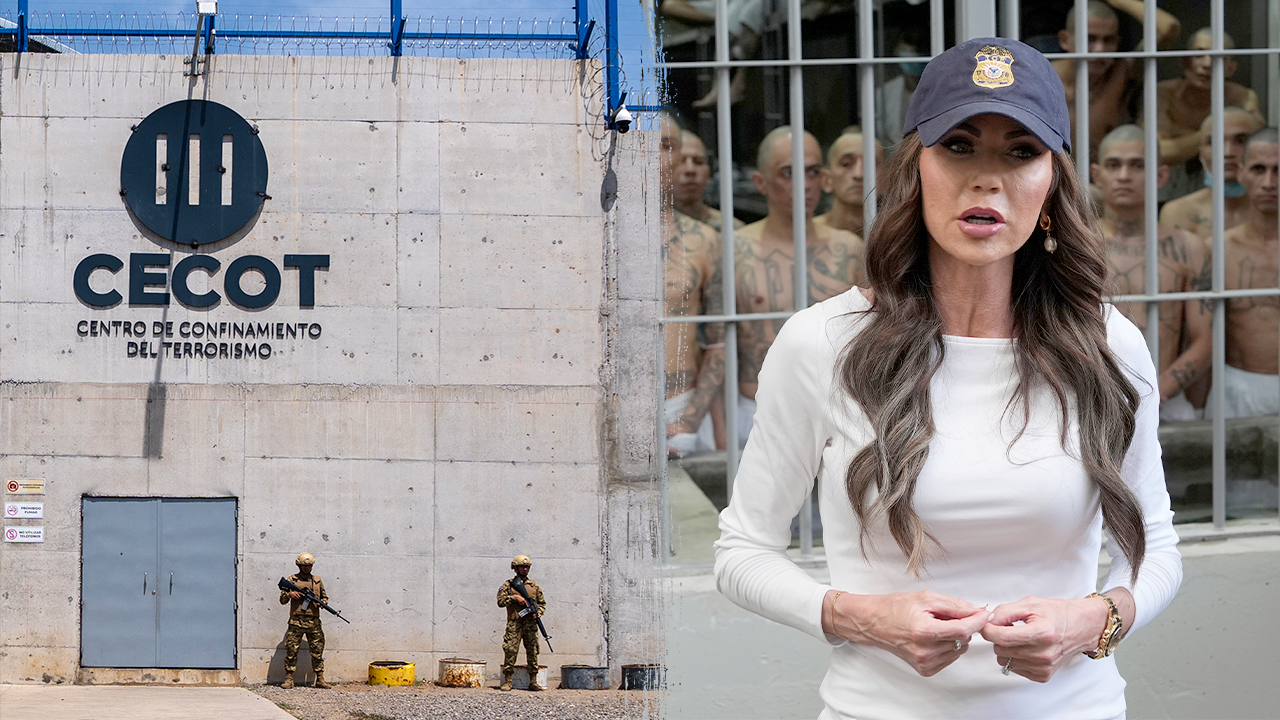Ongoing Deportation Controversies Amid New Developments for Migrants
Kilmar Armando Abrego Garcia remains imprisoned in El Salvador despite court rulings, while new issues arise for migrants in Costa Rica.
Overview
Kilmar Armando Abrego Garcia, a Salvadoran immigrant wrongfully deported by the Trump administration, remains imprisoned in El Salvador. Despite a 2019 court ruling against his deportation, the administration argues he is a danger due to alleged gang ties, which his lawyers dispute. Meanwhile, in Costa Rica, Russian national German Smirnov is among 110 migrants at a detention camp facing poor conditions and limited options for asylum. As U.S. deportation practices continue to draw scrutiny, both cases highlight ongoing concerns regarding due process and human rights.
Report issue

Read both sides in 5 minutes each day
Analysis
- The Trump administration acknowledged an administrative error in deporting Kilmar Armando Abrego Garcia, who had protected legal status, to a notorious El Salvador prison, raising serious concerns about procedural integrity in immigration enforcement.
- Despite confirming the mistake, the administration argues against returning Abrego Garcia, citing contested gang ties established in previous immigration hearings, which has generated significant backlash from immigration advocates and legal experts.
- The case highlights ongoing debates over the Trump administration’s broad immigration policies and the legal implications of deporting individuals under protected status, amid increasing challenges and public scrutiny regarding transparency and accountability in immigration enforcement.
Articles (30)
Center (8)
FAQ
Kilmar Abrego Garcia was granted 'withholding of removal' in 2019, which is a form of protection that prevents the U.S. government from deporting individuals to countries where they are likely to face persecution or torture. This protection was based on credible fears of gang violence in El Salvador, which he had proven during his immigration proceedings.
The Trump administration's admission of error indicates a recognition of the legal missteps involved in Garcia's deportation, which could impact ongoing legal battles over immigration practices and due process rights. It raises questions about accountability and the government's obligations to rectify such mistakes, especially concerning individuals with legal protections against deportation.
The administration contends that U.S. courts lack jurisdiction over Garcia's case now that he is no longer in U.S. custody, arguing that he poses a potential danger due to alleged gang ties, despite his attorneys asserting there is no evidence for these claims.
Garcia's family and lawyers have filed a lawsuit seeking court orders to prevent the U.S. government from paying for his detention in El Salvador and demanding his return to the United States, emphasizing that his deportation violated his legal protections.
This case underscores significant concerns regarding due process violations in U.S. immigration policy, particularly how administrative errors can lead to severe consequences for individuals with legal protections. It also raises questions about the use of wartime powers for deportations and the treatment of immigrants within the judicial system.
History
- 7M

 4 articles
4 articles
- 7M

 4 articles
4 articles
- 7M

 3 articles
3 articles


